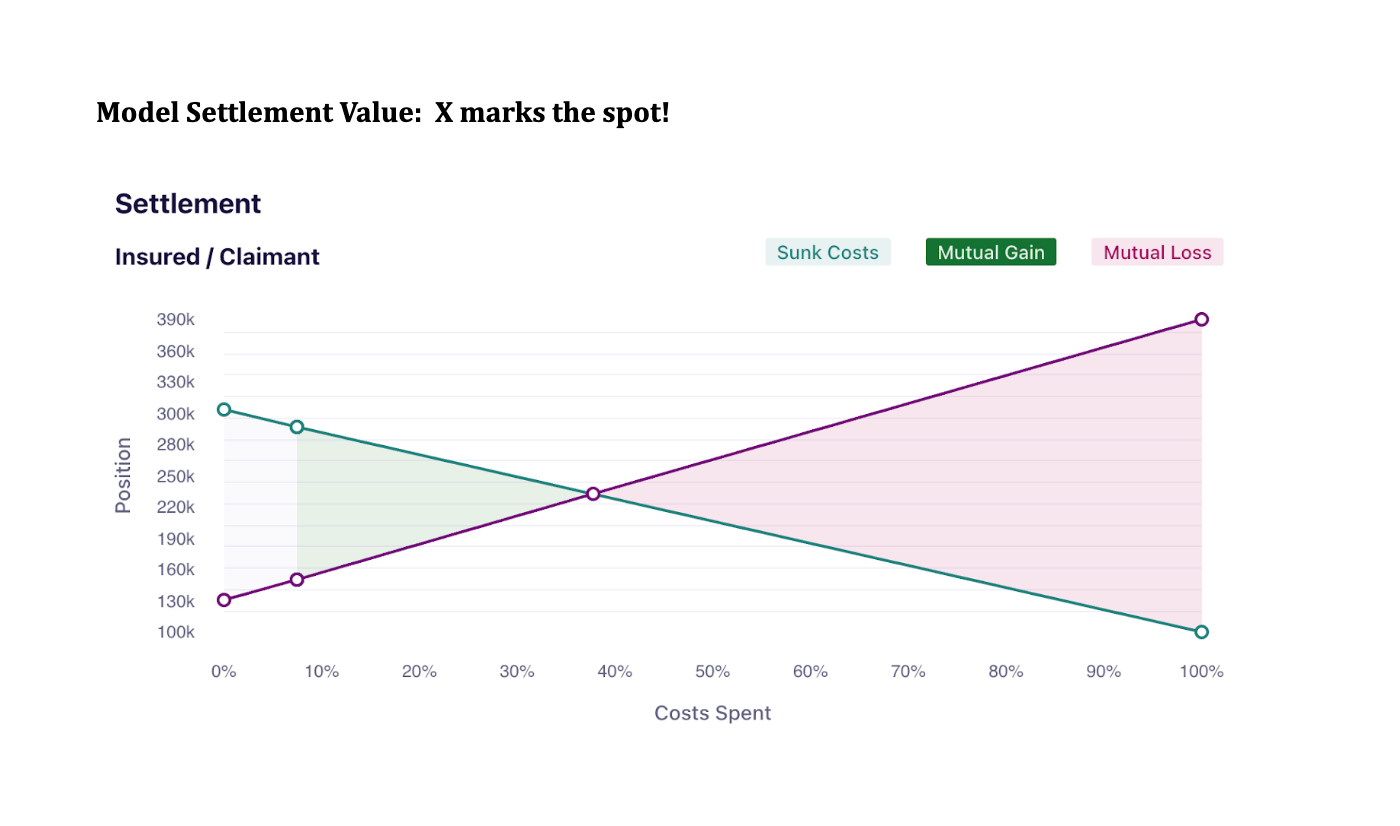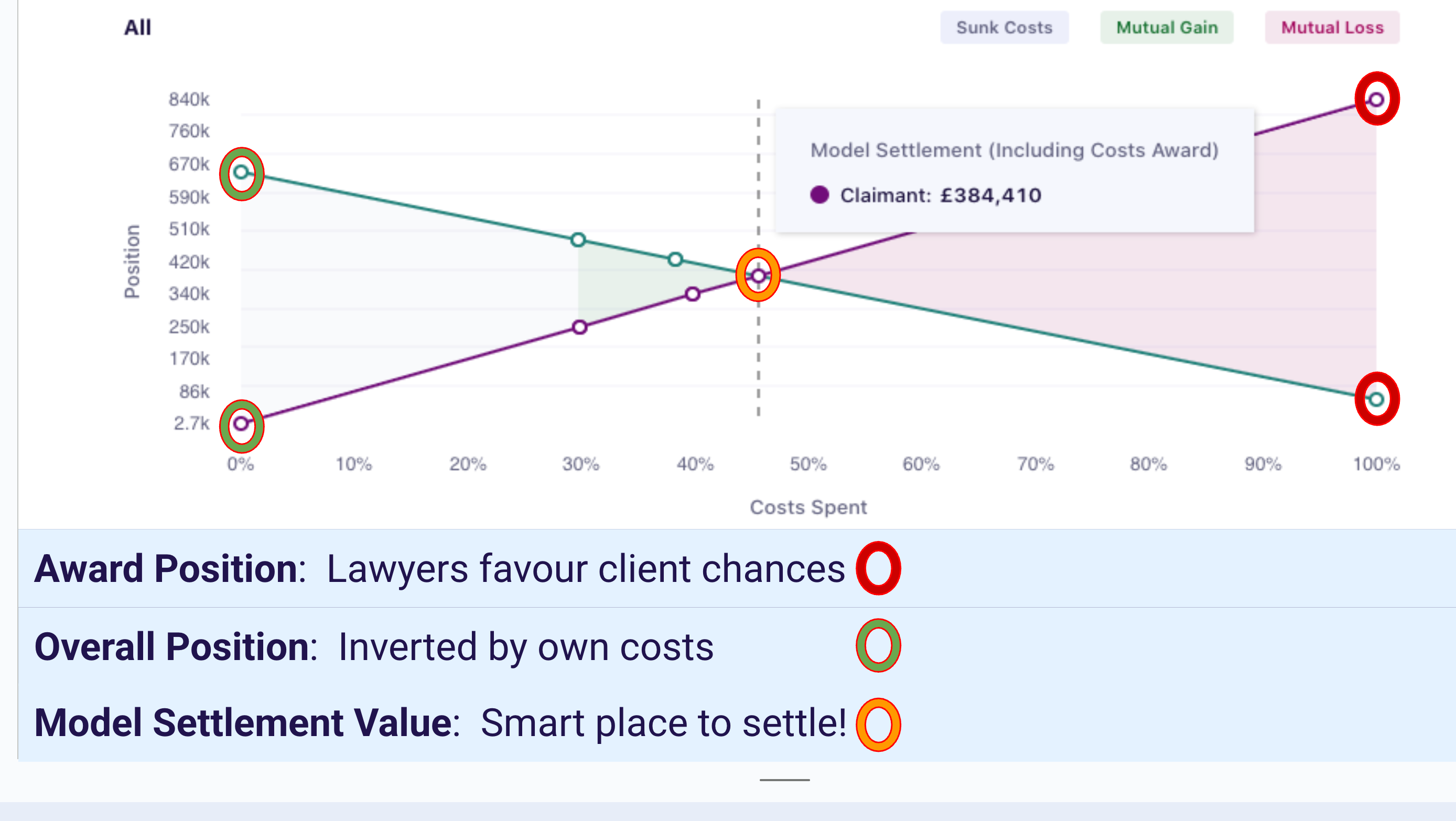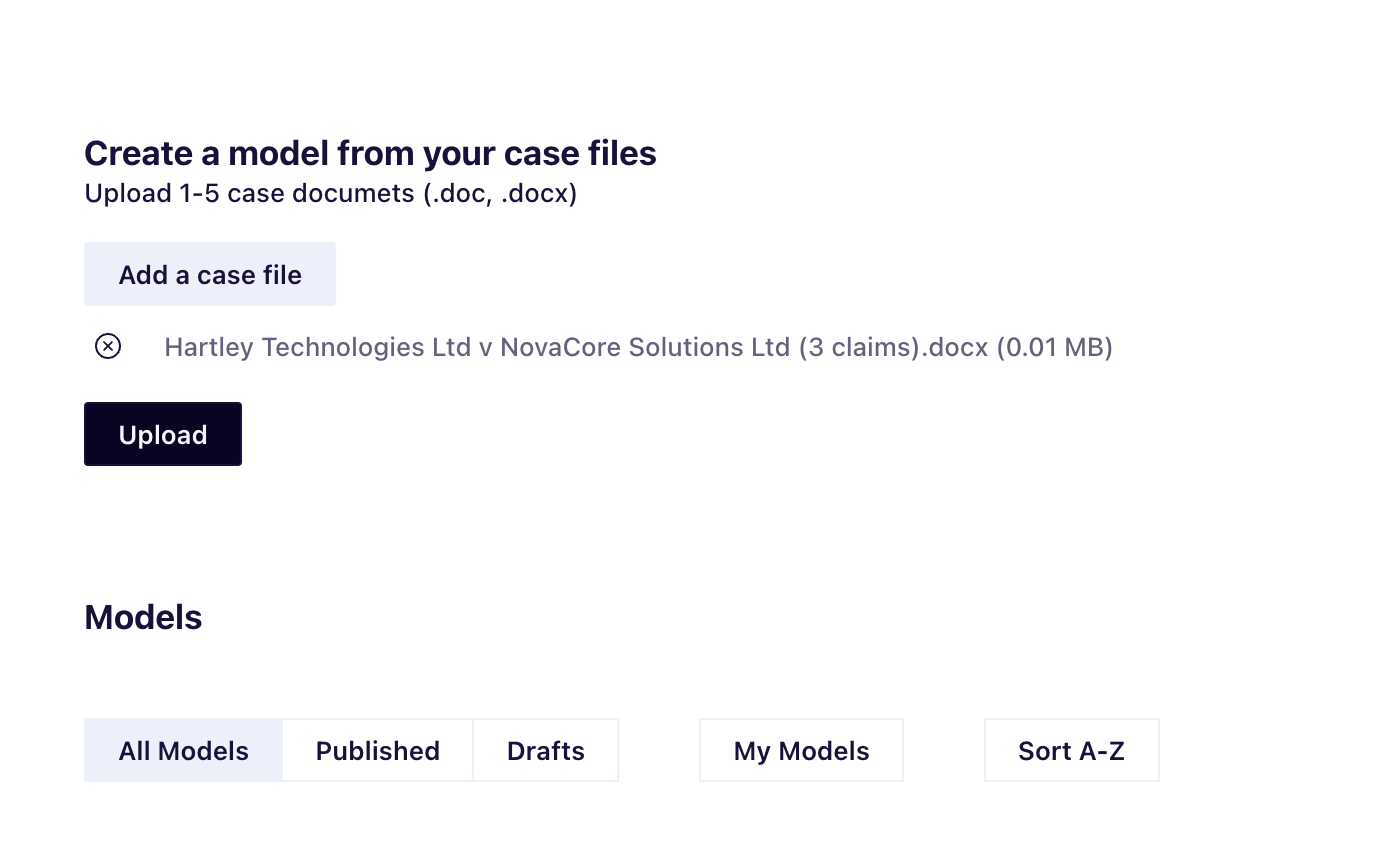The law (in England at least) has always frowned upon gambling and treated sporting wagers as unenforceable. This extended to some activities not commonly recognised as gambling, such as Insurance. The LIfe Assurance Act in 1774 was designed to prevent people gambling by taking out policies on the lives of others, as policy holders were succumbing to the temptation of speeding up the insured event!
Similarly Judges hold to be unlawful ‘bare’ maintenance and champerty of court cases (third parties taking a piece of the action, literally). This has in recent years been moderated by statute, but the Courts are still generally hostile to litigation funding and to ‘trafficking’ in causes of action. That is explicitly because they recognise that once a court action is being prosecuted by somebody other than the injured party, it becomes a form of gambling, pure and simple. They don’t subscribe to the ends justifying the means when it comes to access to justice.
Recognising that in reality court cases are a form of gambling is very helpful when thinking about how to settle them.
So what are the differences between a nominal £100 claim in Court and a £100 bet on red in a casino?
1 The roulette wheel is much more predictable
With one zero on the wheel there is an objective 48.65% chance of the punter winning and a 51.35% chance of the Casino winning.
Now imagine a Court claim where there was a dispute about the number on which the ball landed and the only photographic evidence has been created by chatGPT. There are also witnesses on either side asserting the number came up green or red. The chances of winning the trial about whether a bet on red was a winning one would be viewed very differently between the punter’s and the casino’s lawyers. Their views about the chances would be significantly different and weighted in their own clients’ favour.
2 The cost of a bet on roulette is trivial , just the House edge of 2.7% which punters generally disregard – except to their annoyance on the 1 in 37 times that the ball lands in zero.
However, in a complex court case about whether the roll was red or black, the proportionate legal costs might well be £50 for each party. The cost of the bet is as significant as the return and may be more in some cases!
In fact the tariff for spinning the wheel in court is so relatively high that parties generally try to avoid it by settling. For that you need to (1) have a good idea of how both sides see their prospects of winning the various issues (lawyers are very good at this) and then (2) integrate those prospects into a mathematically correct model that takes account of the overriding cost risk (only SettleIndex does this). With those two ingredients can you make proper decisions about settlement!











